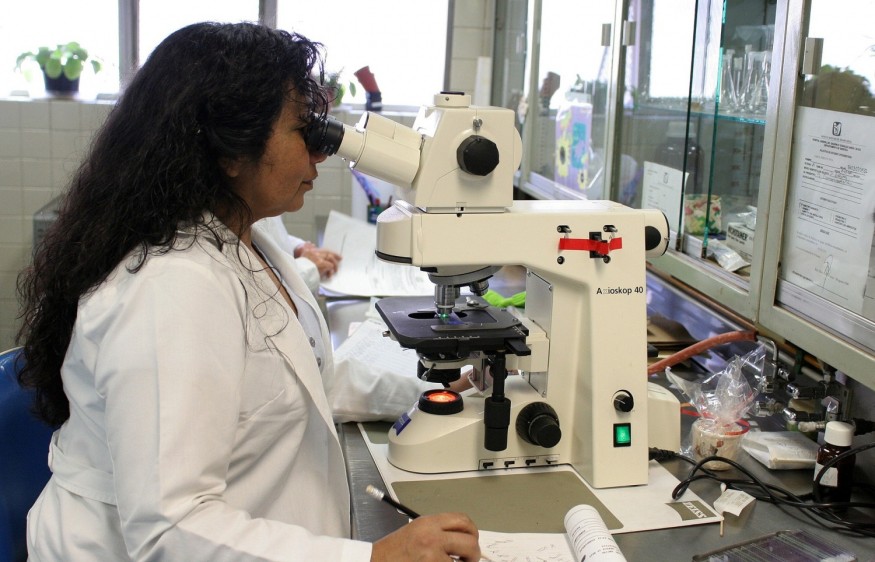According to a recent study from the University of California, Berkeley, it was found that a person's vulnerability to disease is determined more by aging and the environment than by genetics.

Genetics' Significance Declines with Age
According to Peter Sudmant, a UC Berkeley assistant professor, there has been a tremendous amount of work done in human genetics to understand how human genetic variation turns genes on and off. He claimed that their research was inspired by the question: "How is that affected by an individual's age?"
The researchers wanted to know how genetics influence a person's phenotype, such as height and weight. They also want to determine whether a person would have heart disease due to genetic influences.
Sudmant said that their findings which were published in Nature indicated that, as a person ages, genetics become less important. They discovered that aging and the environment have a much greater impact on how many of our genes express themselves as we age than genetic variation does.
Genetics May Not Be Useful for Curing Older Adult Diseases
The findings have significance for efforts to link aging-related disorders with genetic diversity in people. When investigating drug targets, such research would want to pay less attention to genetic variations that affect gene expression.
Gene expression, or the degree to which they are turned on or off, controls a variety of biological processes. These processes include metabolism, hormone levels, and the release of enzymes that aid in tissue regeneration.
According to Science Daily, the researcher said that almost all human common diseases are diseases of aging. It includes Alzheimer's, cancer, heart disease, and diabetes. All of these diseases increase their prevalence with age. Massive amounts of public resources have gone into identifying genetic variants that predispose a person to these diseases. He said that we need to be mindful that genetics matter less when we're trying to identify the causes of these diseases of aging.
"We're all aging in different ways," he said. While young individuals are closer together in terms of gene expression patterns, older individuals are further apart. The irregular nature of gene expression patterns is like a drift across time.
Difference of Gene Expression Between Young and Old People
The results support Medawar's hypothesis. It shows that genes that are activated when we are young are more restricted by evolution since they are essential to ensuring that we survive to reproduce. Genes expressed when we reach reproductive age, on the other hand, are subject to less evolutionary pressure. Therefore, one would anticipate far greater variance in the way genes are expressed as people age.
According to Eurekalert, this study is the first to examine aging and gene expression in such a broad range of tissues and people. In 27 different human tissues from around 1,000 individuals, he and his colleagues developed a statistical model to evaluate the relative contributions of genetics and age. They discovered that the influence of aging differed significantly more than twentyfold among tissues.
The scientists also discovered that Medawar's hypothesis does not apply to all tissues. Unexpectedly, older people expressed more evolutionary significant genes at higher levels in five different types of tissues.
The study suggests that factors other than age and genetics, like one's environment, might have an impact on how quickly one ages. It covers the air we breathe, the water we drink, the food we eat, as well as how much exercise we get. Up to one-third of the changes in gene expression with age are caused by the environment.
RELATED ARTICLE: Elon Musk Makes Fun of Jeff Bezos Over Anti-Aging Startup; How Does This Immortality Tech Work?
Check out more news and information on Medicine and Health in Science Times.
© 2026 ScienceTimes.com All rights reserved. Do not reproduce without permission. The window to the world of Science Times.











